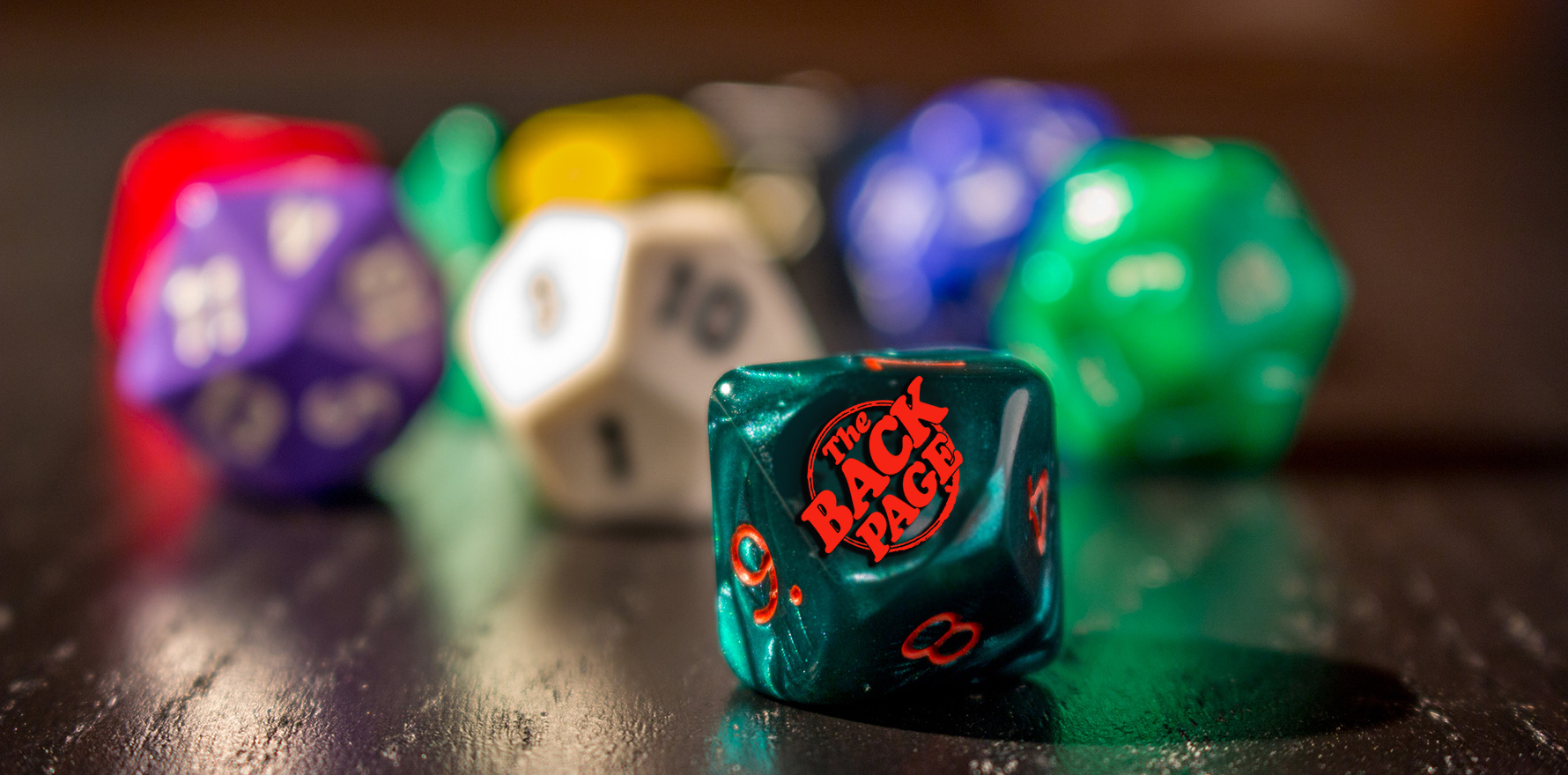Tabletop games like Dungeons & Dragons can help improve mental health in people who have social anxiety and signs of online gaming addiction.
Role-playing games like Dungeons & Dragons have long been the butt of jokes about awkward geeks, but a study out of Switzerland has found those same geeks might be able to teach others a thing or two about social skills.
Who’s laughing now?
More specifically, the small study looked at using a D&D-inspired tabletop role-playing game as an intervention for people with social anxiety and sub-clinical problematic video game use.
The Europeans have been keen on finding therapeutic uses for role-playing games – as covered by your faithful Back Page scribes in years past – and Sweden’s Uppsala University even publishes the International Journal of Role-Playing.
According to the new paper, which was published in The Royal Society Open Science, overinvolvement with massively multiplayer online role-playing games like World of Warcraft, Final Fantasy and Elder Scrolls had become a relatively common reason for people to people to present to Swiss behavioural addiction outpatient clinics.
Social phobia was the most frequently listed comorbidity.
At baseline, the 20 participants enrolled in the Swiss study had a score on the Liebowitz Social Anxiety Scale greater than the threshold for sub-clinical social anxiety but lower than the threshold for clinical social anxiety.
None of the participants had previous experience in tabletop role-playing.
The researchers designed three playable modules, which were divided over 10 weekly sessions.
Each module was designed to challenge an aspect of the players’ social skills, and foster maturing relationships by solving team-based challenges.
In module one, the participants created characters and learned the rules; in module two, they were given more challenging scenarios that required participants to be assertive and collectively engage.
For the third scenario, the participants were invited to take on the role of game master and propose a short scene of their own.
Behaviours like assertiveness were tested by role-played interactions with non-player characters played by the game master, who was a member of the research team.
“Examples of these non-player characters include a friendly and collaborative druid or a non-collaborative and selfish green dragon,” the researchers said.
“In the second part … participants are attributed a personal backstory (specifically created to reflect the background of their character) involving a specific quest or mission.
“To achieve it, each participant must dialogue with non-player characters (played by the game master) and potentially negotiate (and thus be assertive) with the other participants.”
Over the 10 sessions, two participants dropped out and three participants did not complete the most challenging objectives.
Following the intervention, fear of social situations decreased for all participants bar one and avoidance of social situations decreased for all bar two.
Around a third of the gamers presented with clinically relevant recovery or improvement by the 10th session, and a majority maintained this recovery or improvement at three-month follow-up.
Most participants reported gaming less during the 10-week intervention, but only one person maintained this at follow-up.
Send your socially anxious orcs to penny@medicalrepublic.com.au.


